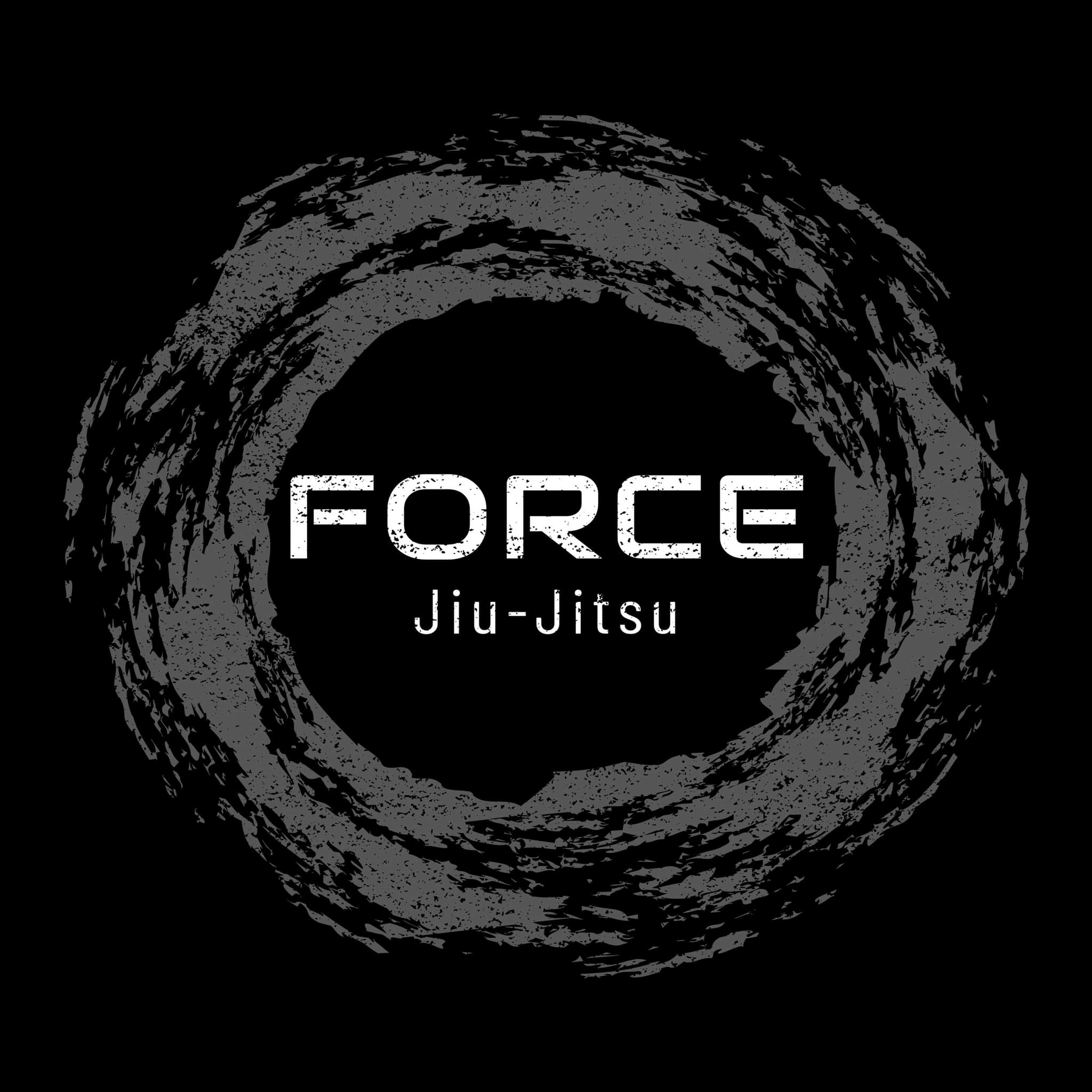Jiu-Jitsu: The Secret Weapon for Kids' Problem-Solving Skills
- Wyatt Montgomery

- Aug 11, 2024
- 1 min read
Jiu-Jitsu, often seen as a physical combat sport, is much more than that. It's a mental gym, a problem-solving laboratory disguised as a mat. For children, Jiu-Jitsu isn't just about learning to defend themselves; it's about equipping them with life skills that extend far beyond the dojo.

The Jiu-Jitsu Mind
Jiu-Jitsu is a game of strategy, not strength. Every roll on the mat is a puzzle to solve. Children learn to analyze their opponent's movements, predict their next steps, and adapt their own strategy accordingly. This constant mental exercise sharpens their problem-solving abilities.
Breaking down complex problems: Just like a Jiu-Jitsu match, life often presents complex challenges. Children who practice Jiu-Jitsu learn to break down big problems into smaller, more manageable steps.
Developing critical thinking: Every position on the mat requires critical analysis. Children learn to evaluate their options, weigh the pros and cons, and make quick decisions.
Building resilience: Jiu-Jitsu is a journey filled with setbacks. Children learn to bounce back from failures, analyze their mistakes, and try again. This builds resilience that carries over into all areas of life.
Real-World Applications
The problem-solving skills honed on the mats translate directly into everyday life.
Academic success: Children who can analyze problems and develop strategies are better equipped to tackle schoolwork.
Social skills: Understanding people, reading their body language, and responding appropriately are crucial social skills. Jiu-Jitsu helps develop these abilities.
Overcoming challenges: Life is full of obstacles. Jiu-Jitsu teaches children that every challenge is an opportunity to learn and grow.
Conclusion
Jiu-Jitsu is more than just a martial art; it's a powerful tool for personal development. By fostering problem-solving, critical thinking, and resilience, Jiu-Jitsu empowers children to become confident, capable individuals who can tackle life's challenges with ease.
Contact us today!
(912) 493-4782



Comments